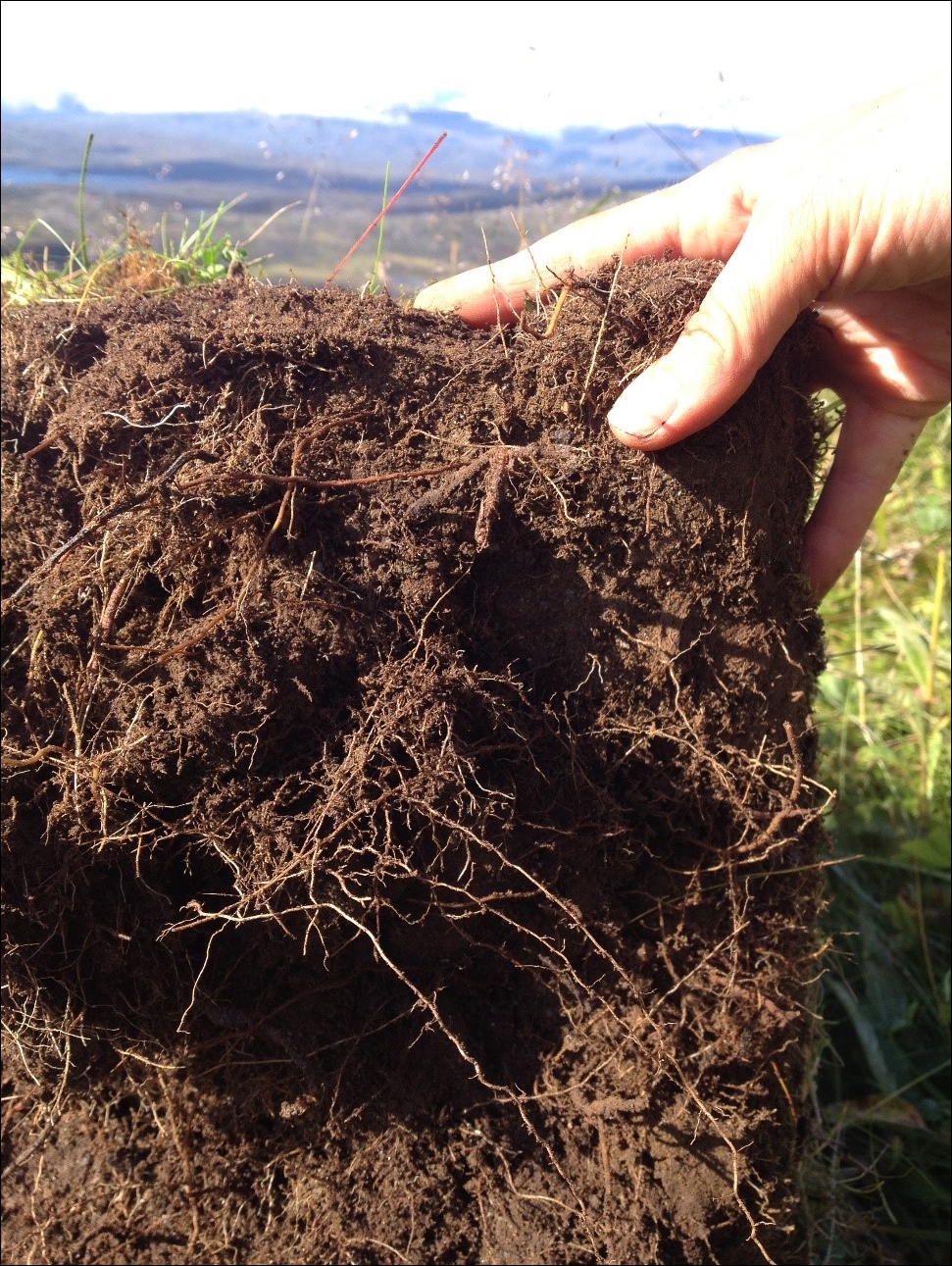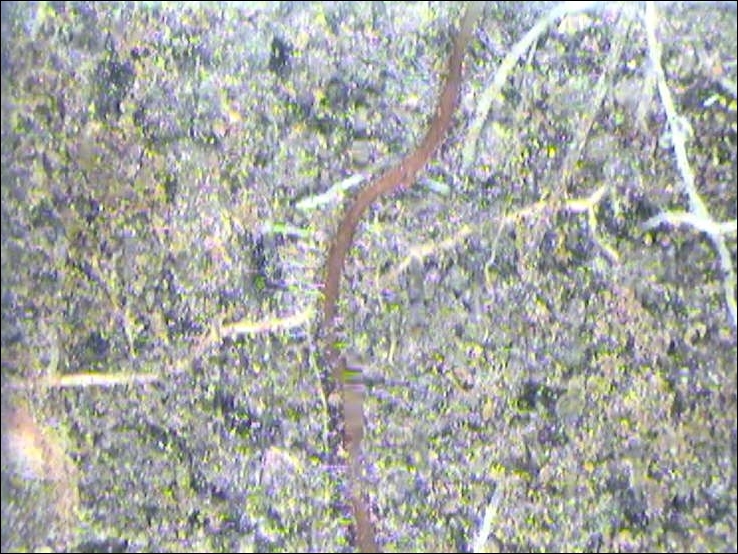Contact: Gesche Blume-Werry, Jürgen Kreyling
In the joint research project WETSCAPES we work together with research groups of the Universities Rostock and Greifswald on Understanding turnover and exchange of matter in wetlands to foster better land management, climate adaptation and protection of water bodies. Worldwide, wetlands cover only 3% of the land area, but store about 20-30% of the global soil carbon stock and contribute more than any other ecosystems to climate and water protection. The objective of the large-scale WETSCAPES project is to develop scientific foundations for a sustainable management of degraded and then re-wetted wetlands.
Within WETSCAPES, we quantify the production and decomposition of above- and belowground biomass in temperate wetlands, with a special focus on root processes. These are key factors in the overall assessment of the carbon budget, because primary production of plants determines the amount of carbon input into these wetlands. Particularly important for the formation or degradation of peat, the most important carbon store, is the growth and turnover of root biomass. However, these factors are understudied in the wetland types in question.
We use destructive and non-destructive measurements, both in the field and in a controlled mesocosm experiment.
The project is funded by the Programme for Excellence in Research Mecklenburg-West Pomerania for a duration of 4 years (2017 to 2020)




